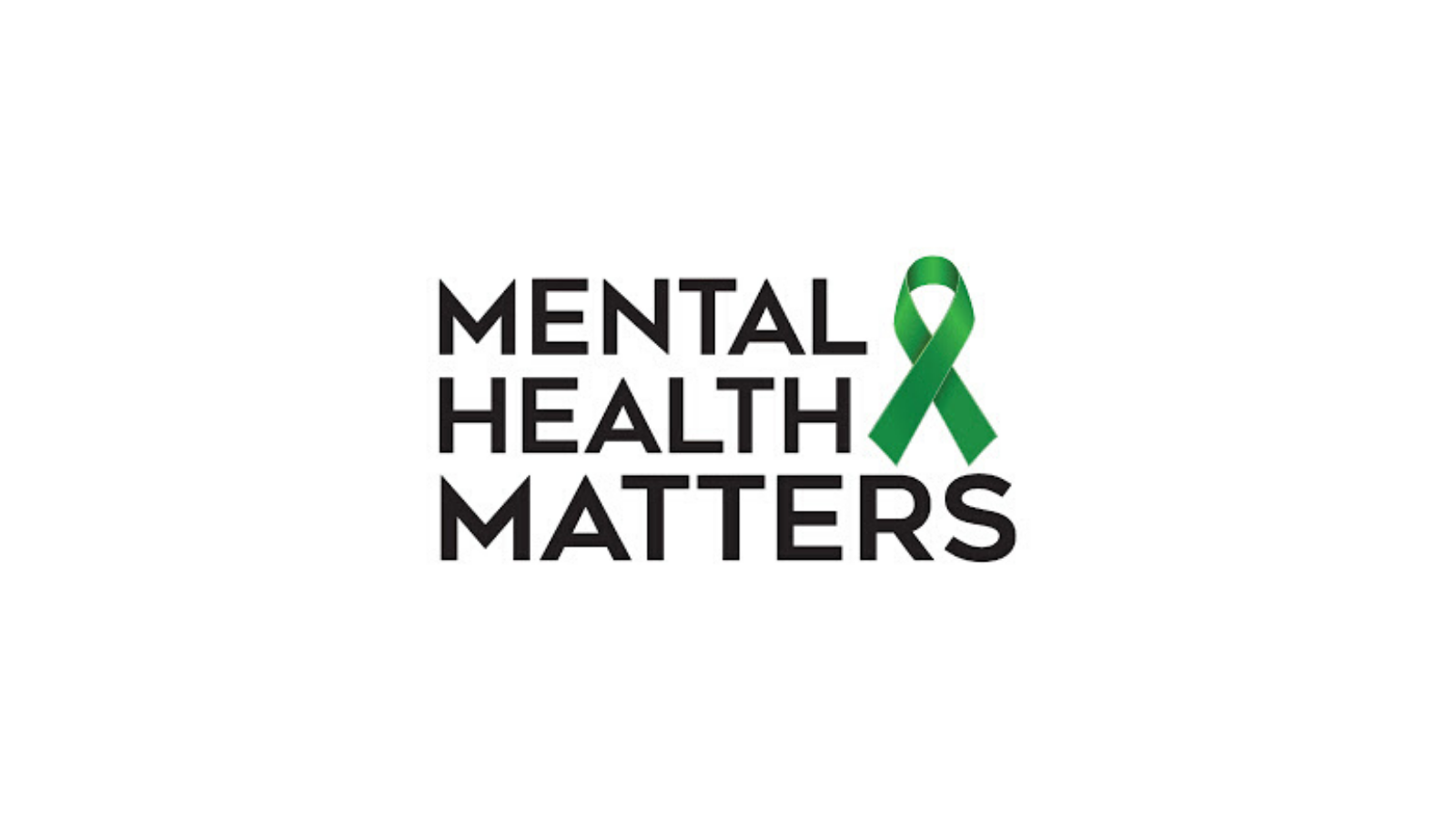Dealing with Periods of Disability at Work with Bipolar Disorder

Regaining self-confidence—even when facing the most difficult bipolar symptoms—has been vital for me to meet the challenges of bipolar and recognize hidden opportunities.
If video is not showing, click here
Thriving—Not Just Surviving—with Bipolar
Today I’m sharing some tips on how to thrive—not just survive, not just manage, not just get through—school and work when you’re living with bipolar disorder.
Number one: Chill out. We got this.
We are absolutely just as capable as anybody else who does not have this condition. In some cases, we may be more capable and more able to see solutions where other people might not be able to see them. So keep that in mind.
I’ve met people from pretty much every walk of life and every different profession who are living with bipolar disorder—and I have bipolar I, supposedly the most “severe” form of bipolar disorder.
I am an author; I’m an attorney; I’m an activist. I do my job well, and I’m successful at it, so you are absolutely capable of that.
That said, once you recognize you’re capable, realize that there are going to be certain periods of your life when you may be disabled, and we will face certain challenges, and that’s part of this illness. So, how do we deal with those?
#1 Know Your Rights
In the United States, for example, you are protected under the Americans with Disabilities Act. You are entitled to reasonable accommodations to perform the basic functions of your job or of your scholarship, and that’s the law. Those are your rights. You need to know that.
#2 Communicate Your Needs
And you need to be in communication with the people you work for and recognize that there are certain risks that we may take when we’re living with bipolar disorder that other people may not. And that can be a huge advantage to us in terms of being in the workforce.
Personally, what I should have done is—after I graduated from law school, where I got a master’s degree in public health—I should have practiced public health law. That’s the standard path. Instead, I decided I would use my legal education every day, but use it in my writing and use it in my speaking, and I’ve been able to do that. I much prefer doing that than practicing law, which was a whole lot of paperwork I didn’t really want to do.
So, recognize that you may be able to work for yourself, and if that’s a possibility for you, there’s no reason not to pursue it. There are disadvantages and advantages of being your own boss, for sure, but don’t discount that possibility, either.
Learn More:
VIDEO: Bipolar Disorder & Too Depressed to Shower
VIDEO: Bipolar: Tips to Help You Stop Misreading Situations
CREDITS: All A/V (videography, audio, etc.) courtesy of Matthew Lenard
Originally posted December 14, 2016
The post Dealing with Periods of Disability at Work with Bipolar Disorder appeared first on bpHope.com.